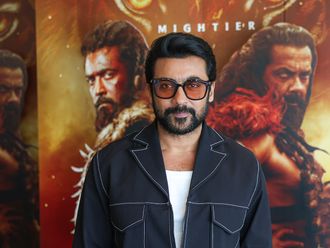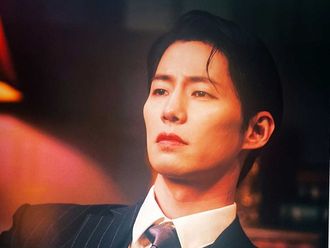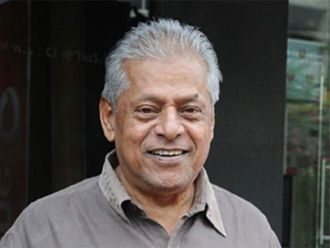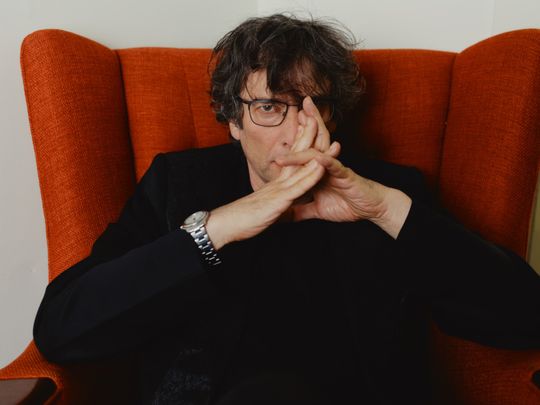
When Neil Gaiman devised his influential fantasy comic-book series ‘The Sandman’ for DC Comics in the late 1980s, he was a 26-year-old literary neophyte with a few short stories and graphic novels on his resume and untested ambition.
“In retrospect, I think I got DC to do it because they really didn’t know what it was they were signing onto,” he said recently.
Three decades later, Gaiman, now 59, is a best-selling author and a brand unto himself, whose fiction has provided the source material for films like 'Stardust' and 'Coraline' and television series like 'Good Omens' and 'American Gods'.
‘The Sandman’, an episodic and ever-changing story which varied in tone and topic from light comedy to dark thriller, was originally published from 1989 to 1996. Yet while so much of Gaiman’s writing has been brought to other media, this formative work has historically resisted efforts to present it in any form other than the printed page.
It hasn’t been for lack of trying, as various film and TV studios have taken interest in ‘The Sandman’ over the years. But the fact that some previous screen translations have failed to materialise, Gaiman said, has “always been a source of incredible relief to me — you only have to miss by a tiny amount for Sandman to go very wrong.”
Instead an authorised multimedia adaptation of ‘The Sandman’ will arrive July 15 as an audio drama on Audible, which has been building its library of audio narratives and other original content. (The company, which is owned by Amazon, is also preparing new projects from authors like Jesse Eisenberg, James Patterson and David Koepp and featuring actors like Christian Slater, Carrie Coon, Aaron Paul and Alicia Silverstone.)
The first instalment of its series, which consists of 20 episodes, is based on the first three volumes of ‘The Sandman’ graphic novel. It features a cast that includes James McAvoy as the ethereal title character; Kat Dennings as his spectral sister Death; Michael Sheen as the fallen angel Lucifer; and Riz Ahmed as the stylish nightmare being the Corinthian.
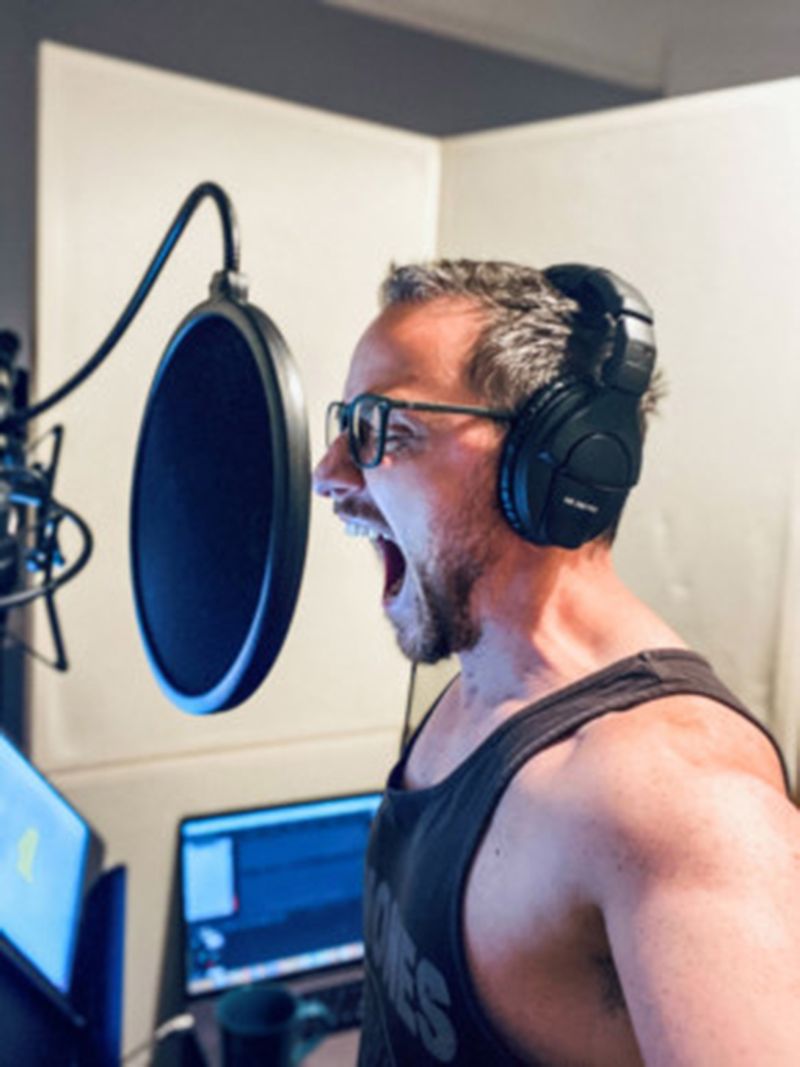
For Gaiman, who is the creative director and an executive producer of the audio project, the endeavour is a validation of his patience and his strategic stubbornness. As he sees it, the Audible adaptation hasn’t required him to compromise the audacity, the ambiguity or the endearing strangeness of the comics.
“I didn’t want to see the changes that would have to be made to Sandman to make it palatable to everyone,” he said. “We haven’t filed off the rough edges. We’ve gotten to make a version of Sandman that is everything we wanted to do.”
Speaking by phone from Scotland’s Isle of Skye, where he was sheltering in place, Gaiman recounted how DC had initially offered him his own monthly comic book to help raise his profile as the publisher prepared to release Black Orchid, a costly project he was writing for the company.
“They said, you have 12 issues — we’ll let it go for a year before we cancel it,” he recalled.
Gaiman said he envisioned ‘The Sandman’ as “a machine for telling stories — something that I could go anywhere with.”
By centring the series on a supernatural protagonist named Morpheus, an ashen immortal being also known as Dream, Gaiman gave himself an off-ramp to pursue narratives well outside the realm of superhero adventuring.
“I can do horror,” he said. “I can do fantasy. I can do historical fiction. I can do science fiction. I can go all the way back to the beginning of the universe.”
Early issues, which told the story of Morpheus’ escape from a long imprisonment and the rebuilding of his metaphysical powers, also featured appearances from established DC heroes like Batman, Green Lantern and Martian Manhunter.
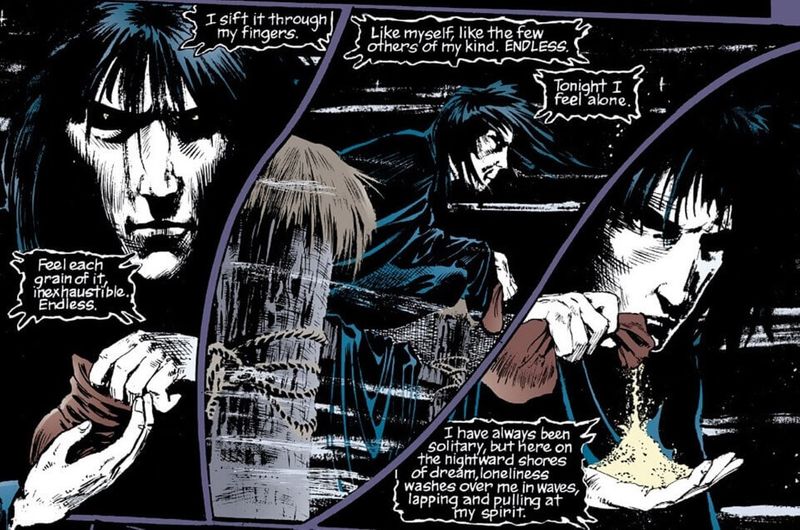
But within months, Gaiman was off chasing his own imaginative and sometimes very dark muses, using ‘The Sandman’ to spin tales of a serial killers convention and a cat who hopes to reshape reality to make humans subservient to felines. The series became a hit and sold especially well in graphic-novel collections stocked at traditional bookstores.
Not long into its run, ‘The Sandman’ was eyed for a film adaptation by Warner Bros, where Batman had just taken wing as a movie franchise. Gaiman described a conversation he had in 1990 with a Warner Bros executive whom he asked not to pursue the project, arguing that it would distract from his work on the comic.
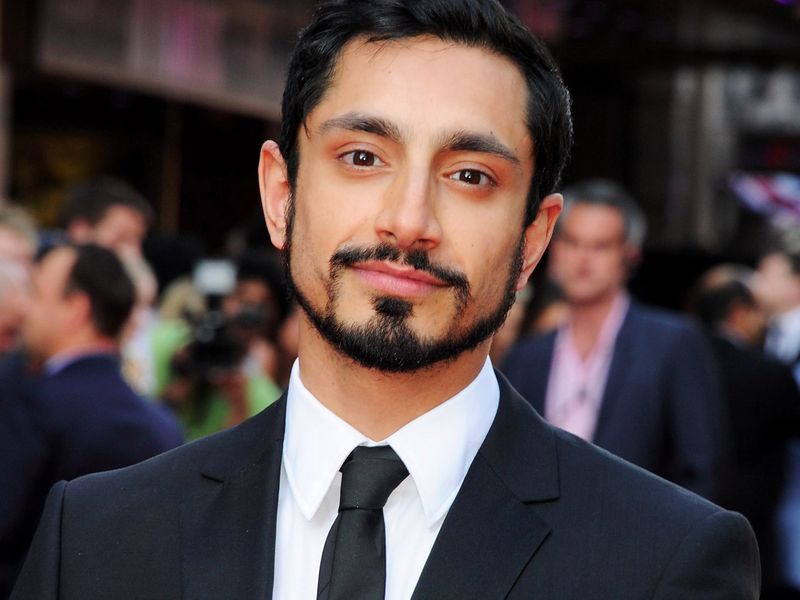
“She said, ‘Nobody has ever walked into my office and asked me not to make a movie before,’” Gaiman recalled. “And I said, well, I am.” The project did not move forward.
A few years later, Gaiman was approached by Dirk Maggs, then a BBC producer, who was interested in turning ‘The Sandman’ into an episodic radio drama.
Describing the approach he has sought to apply to his work, Maggs said, “The idea was to avoid it sounding like a polite BBC production of rattling teacups and the occasional door opening while somebody talks to the vicar about their dead dog.” But while Gaiman was intrigued, Maggs could not get his BBC superiors to approve the proposal.
Although Gaiman does not own the rights to ‘The Sandman’ properties, he said that DC had been respectful about consulting him on any adaptations it pursues.
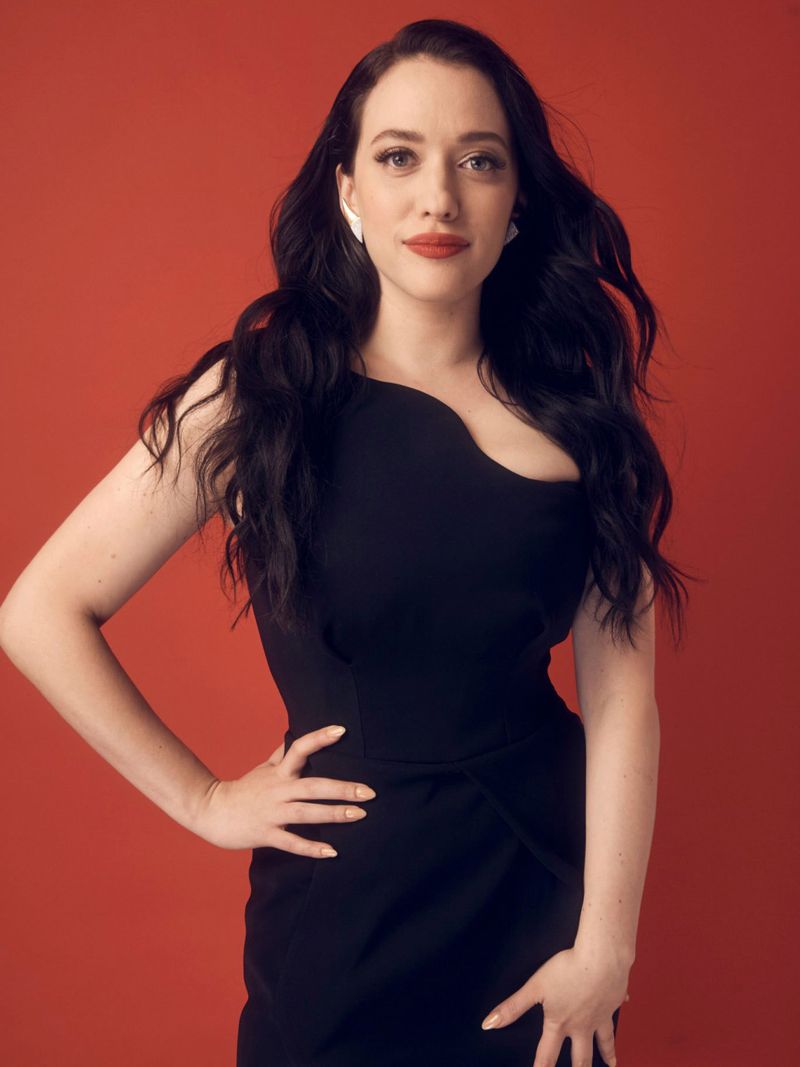
“Everybody at DC understands that this is my thing and I’m identified with it, and that it is much better to have me working on it because then it will be better,” he said. “And I want to be on-board.”
Meanwhile, Gaiman continued to work with Maggs, now a widely regarded producer and director of audio dramas, on adaptations of his novels ‘Neverwhere’ and ‘Good Omens’ (which Gaiman wrote with Terry Pratchett). About two-and-a-half years ago, with DC’s involvement, they got their long-awaited Sandman audio series set up at Audible.
In adapting the series, Maggs returned to the original Sandman scripts that Gaiman wrote for artists like Sam Kieth and Mike Dringenberg, using those texts as the basis for character dialogue and audio atmosphere as well as for narration performed by the author.
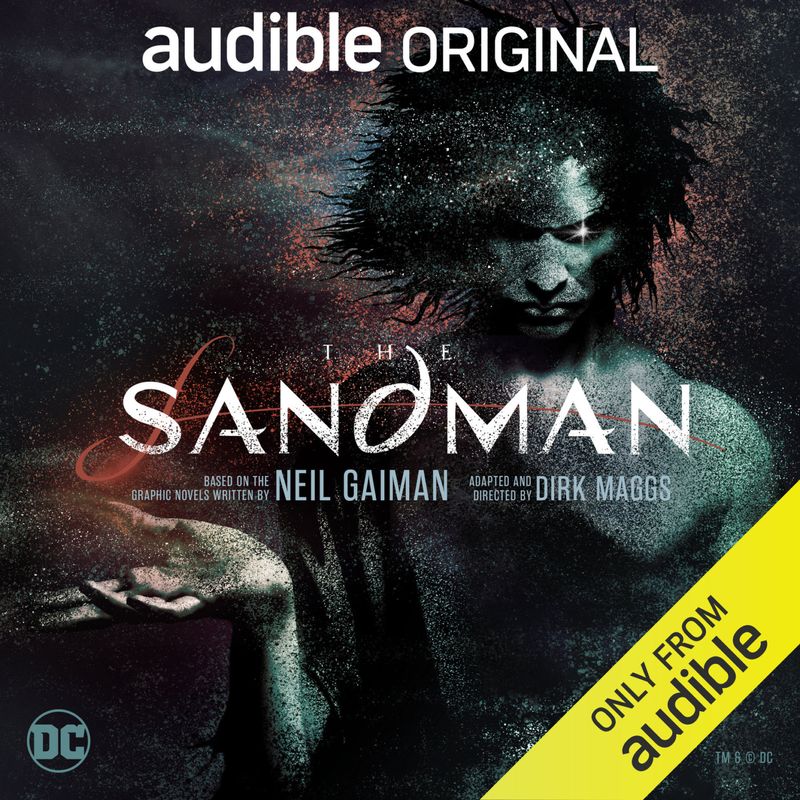
Looking back over Gaiman’s manuscripts, Maggs said, “It is like being inside his head while he’s writing them. His descriptions of scenes are quite poetic — there’s a Dylan Thomas kind of vibe.”
McAvoy, who plays the evanescent Morpheus, said that the demands of the role varied from episode to episode.
“You’re not looking for just one characteristic — you’re going to get to play hundreds,” McAvoy said. “There is a more distant, alien detachment to him, especially at the beginning when he is trying to put himself back together. Then there’s times where he’s actually quite forthright and times where he’s quite comic.”
But McAvoy, who has played superhuman characters in films like ‘Split’ and the ‘X-Men’ series, said that bringing life to stories with fluid rules of reality has become second nature.
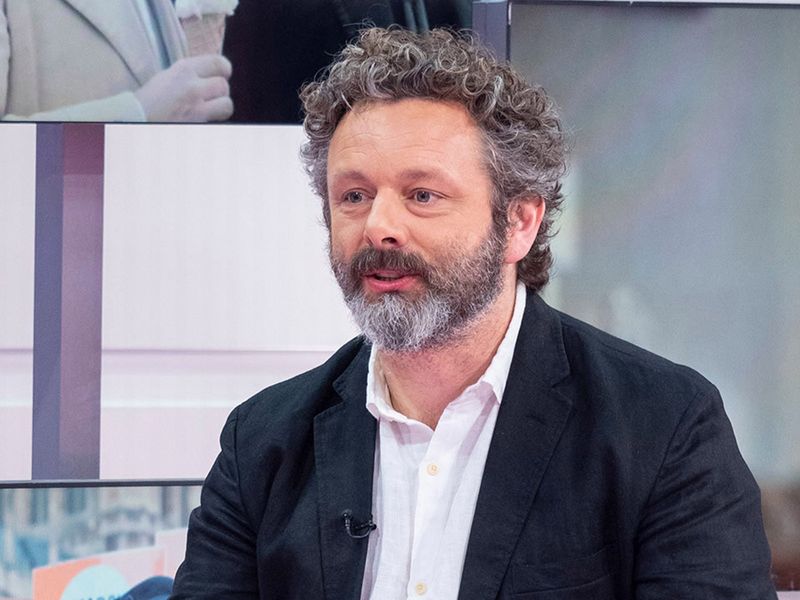
“It’s given me a lot of experience in going, ‘OK, we’re jumping off a building, then halfway down, we’ll go through a vortex into the nth dimension, which is actually 400 years in the past,’” he said. “I know how to deal with that.”
Last year, Netflix struck its own deal for a TV adaptation of ‘The Sandman’, one that will be run by Allan Heinberg, the screenwriter of ‘Wonder Woman’.
No casting or debut date has been announced, and Gaiman, who is an executive producer on that series, was understandably superstitious about revealing too much about it. But he said he was grateful to finally be making a Sandman show “with the budget and the technical capabilities to make it properly — they’re spending the hundreds of millions and we’re not changing it into anything.”
Even though ‘The Sandman’ has joined other works of his that have been adapted, Gaiman said he did not necessarily feel a sense of closure or coming full circle. Instead, he said, “It feels like we were way ahead of our time and that time has caught up with us.”



